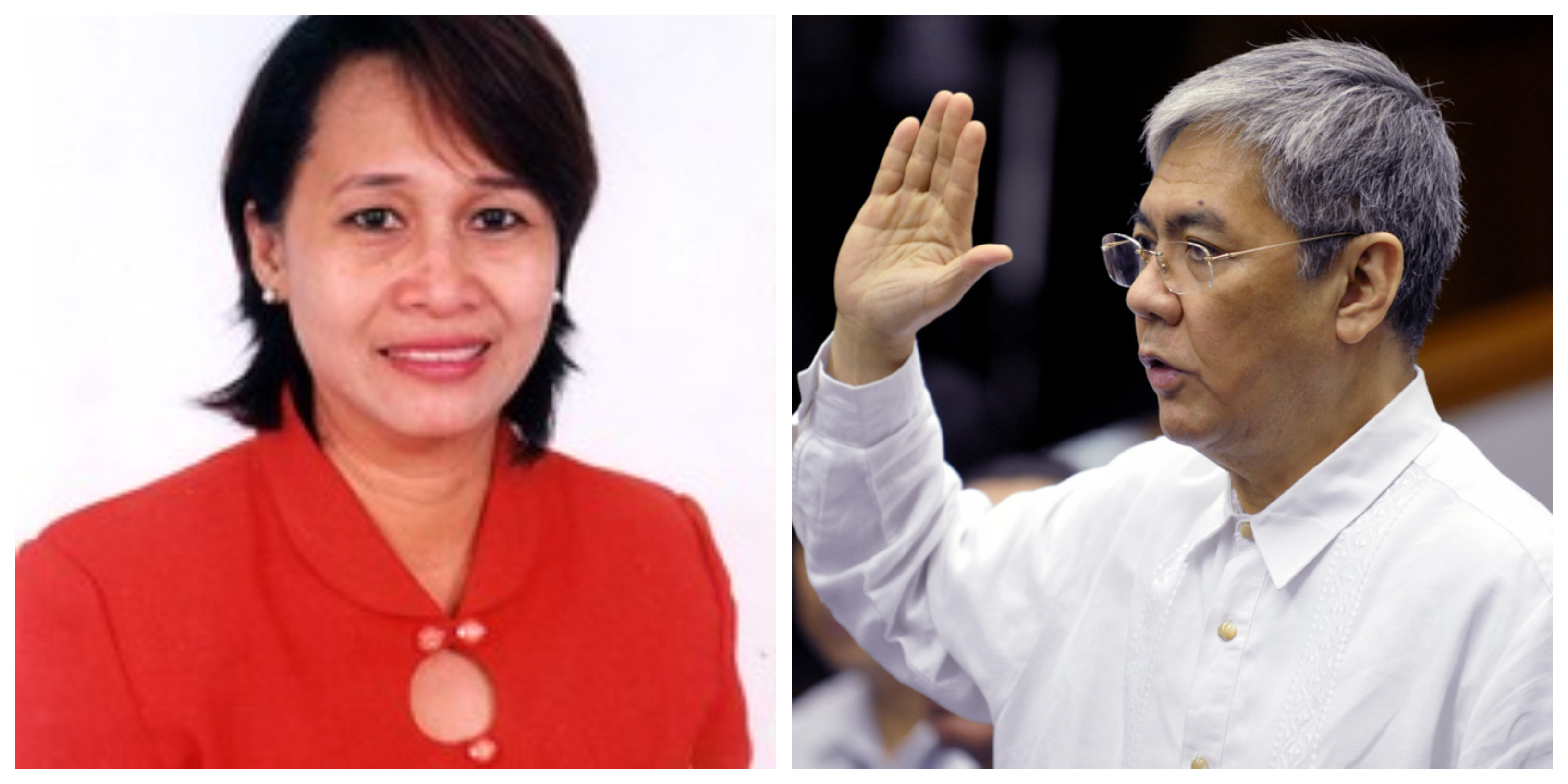
Being a whistleblower for government corruption should reward you as a hero, unfortunately in the Philippines exposing injustice in the bureaucracy would devastate your life instead. While the trial is ongoing you live your life under a reclusive witness protection program, denying you of employment and from living a normal life, only to see the accused be acquitted after paying key players in the judiciary. Being counter-sued for libel or falsifying information is also a possibility and you could be the one imprisoned instead, take Jun Lozada for example. Even worse, whistleblowing might lead to your assassination.
Such is the fate that Marlene Garcia-Esperat got from blowing the lid on large-scale corruption in the Department of Agriculture (DA). On the 24th of March 2005 a gunman entered her home in Tacurong, Sultan Kudarat and shot her at point-blank range. Her only crime was that she wrote a regular newspaper column exposing impropriety in government, having experienced it firsthand as a former analytical chemist for the DA.
In the early 90’s, Esperat was head of the Chemical Analysis Laboratory at the DA’s Region 12 office, then located in Maguindanao. She lamented the sorry state of her laboratory and later found out that the budget she was receiving was a lot less than what was allocated. One time, she filed for funding to upgrade her laboratory which was granted but the amount given was lower than what she had asked. Esperat accidentally saw the regional unit’s 1991-1992 financial report, which declared that the full amount she requested was disbursed even though in reality she received less than half.
Esperat convinced her department head, Salvador Escudero, to conduct an audit on her regional unit’s finances. During the course of the probe, the file storage of the said unit suspiciously caught fire – destroying all documents archived. Two employees of the office both signed affidavits stating that they witnessed their Regional Head committing the arson, in order to rid of any evidence incriminating him of any unscrupulous conduct. As expected, the case led nowhere and only brought her numerous death threats – which placed her under a witness protection program.
Despite being under protection, Marlene carried on with exposing injustice she saw in government. She was appointed as Ombudsman of the Department of Agriculture – giving her full oversight of corruption happening in the department. She would file charges against the department undersecretary for conniving with smugglers of chicken meat, while also implicating a high-ranking police officer in illegal logging activities.
However, Esperat’s biggest break came in 2004 when she discovered that funds allocated for destitute farmers were disbursed suspiciously. She found out that the department purchased millions of pesos worth of fertilizer intended to be distributed to farmers, but the fertilizers were substandard and overpriced. The perennial whistleblower did the investigation, tracing the anomalous funds to the election campaign warchest of then-President Gloria Arroyo herself.

The revelations would later be known as the Fertilizer Fund Scam, which was formally investigated through the initiative of Senator Panfilo Lacson. The DA secretary and undersecretary at that time both fled the country before a formal Senate inquiry could start, an indictment of their guilt. The conclusion of the Blue Ribbon inquiry in 200989 recommended the prosecution of DA secretary Cito Lorenzo and undersecretary Jocjoc Bolante – sadly, none of the two individuals ever found themselves behind bars.
The ordeal outlived Esperat herself, not only did she pay with her life for exposing the scam but her sacrifice did not successful prosecute anyone either. The alleged mastermind Bolante was cleared of his plunder charge in 2016, while Lorenzo also had his case dismissed but is currently being appealed by the Office of the Ombudsman. President Gloria Arroyo, who was pinpointed as the benefactor of the siphoned taxpayer funds, is currently a congresswoman.
Marlene Garcia-Esperat devoted the latter part of her life seeking to hold corrupt government officials accountable for their crimes, however it seems that all that work were in vain. Such is the life of a whistleblower in the Philippines, the reality they live after exposing an injustice ironically resembles that of a criminal being punished for their misdeeds. On the anniversary of Esperat’s death, may we remember the integral roles that whistleblowers play in preserving a democracy. As such, treating them more humanely is necessary.

